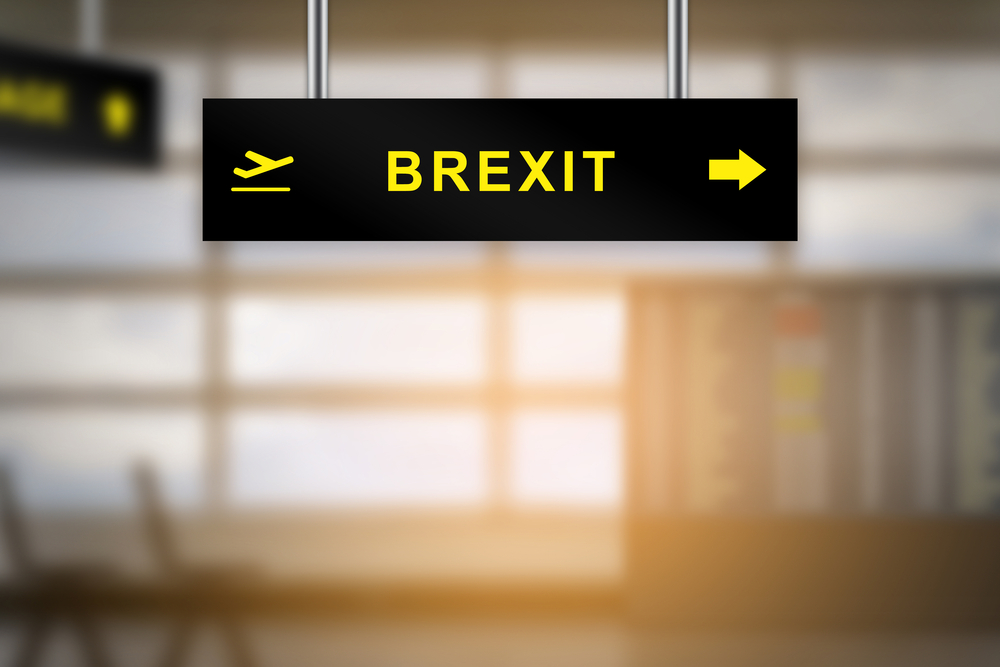
This article first appeared on The Yorkshire Post on the 28th September 2016.
“Attitude is a small thing that makes a big difference”. The words are those of Britain’s greatest wartime leader, Sir Winston Churchill.
The spirit of Churchill was much contested by both sides during the Brexit referendum. Now, in its all-important aftermath, his wisdom should be heeded. The attitude and approach of our political and business leaders will be crucial in the Brexit battles to come. For, now is a critical time for Britain to find the power of belief.
That might seem like weak currency in a debate dominated by talk of tariffs and trade deals. Yet this is a battle of the heart as much as the head. For to make trade deals work, you need willing traders. To make the economy prosper, you need ambitious companies. As anyone in business can attest, you never win a fight if you go into it thinking that you are going to lose.
Yet at present, far from battle being joined, we are some way from even knowing the terms of engagement. Hard or soft Brexit? Single market access or free movement controls? Article 50 now, near or never?
For every economic liberal that foresees a golden era of swashbuckling free trade, with Britain freed from the chains of a sclerotic Europe, there is a pessimist (realist?) who fears the consequences of severing ties to the world’s largest trading bloc. Still more are caught in the middle, open minded about the potential but uncertain of the pathway.
In a world of unknowns, the greatest danger is that progress stalls, investment decisions slow and dynamism is tempered by uncertainty. The economic momentum that has built over the course of this decade, with a record-beating business population of over 5.4 million companies, is at risk. Last week, the Federation of Small Businesses found business confidence among its members in negative territory for the first time since 2012.
One thing that is certain is that the political wheels will be turning on these negotiations for years to come; as Churchill might have put it, on Brexit we are not yet even nearing the end of the beginning.
With the political process mired in bureaucracy, the belief and momentum that our economy needs to sustain growth is going to come from the private sector: those starting and scaling businesses, creating jobs and economic value.
Yet at present, far from battle being joined, we are some way from even knowing the terms of engagement. Hard or soft Brexit? Single market access or free movement controls? Article 50 now, near or never?
For every economic liberal that foresees a golden era of swashbuckling free trade, with Britain freed from the chains of a sclerotic Europe, there is a pessimist (realist?) who fears the consequences of severing ties to the world’s largest trading bloc. Still more are caught in the middle, open minded about the potential but uncertain of the pathway.
In a world of unknowns, the greatest danger is that progress stalls, investment decisions slow and dynamism is tempered by uncertainty. The economic momentum that has built over the course of this decade, with a record-beating business population of over 5.4 million companies, is at risk. Last week, the Federation of Small Businesses found business confidence among its members in negative territory for the first time since 2012.
One thing that is certain is that the political wheels will be turning on these negotiations for years to come; as Churchill might have put it, on Brexit we are not yet even nearing the end of the beginning.
With the political process mired in bureaucracy, the belief and momentum that our economy needs to sustain growth is going to come from the private sector: those starting and scaling businesses, creating jobs and economic value.
I have regular cause to meet UK founders, including through the Leap 100, a community of the UK’s most exciting scale-up companies convened by the lawyers Mishcon de Reya, of which I am about to become chair of its advisory board. These are the businesses whose rapid growth and ambition will underpin UK plc. for years to come.
The mood among entrepreneurs I speak to is generally robust. Many voted to remain, but most are pragmatists who will make the necessary adjustments and get on with the business of growth. As one put it to me, when running a business you are used to any number of sudden crises and unseen pitfalls. Brexit is another of these: an inconvenience, for some significantly so, but not a calamity. No-one builds a successful business without a hard head and a strong stomach.
Those essentially entrepreneurial characteristics, which helped carry the UK out of the worst recession in decades, will be at the fore once again on a new economic frontline.
What has changed since 2008 is the composition and personality of the business population. In particular there is a greater concentration of scale-ups. Leap 100 companies and their ilk have the dynamism and ambition to help Britain win in the face of difficult circumstances.
Blood sweat and tears
The Leap 100 companies embody another well known Churchillian maxim, according to Michael Hayman, who chairs the advisory board of the Leap 100.
It is a phrase featured on the new £5 note that bears Churchill’s name: “I have nothing to offer but blood,toil, tears and sweat.” Mr Hayman said: “It is in that spirit that these companies can continue to grow, and see Britain grow with them.”
The Leap 100 includes some of the UK’s fastest growing companies. The entrepreneurs behind these companies are helping the UK to compete on the global corporate stage.